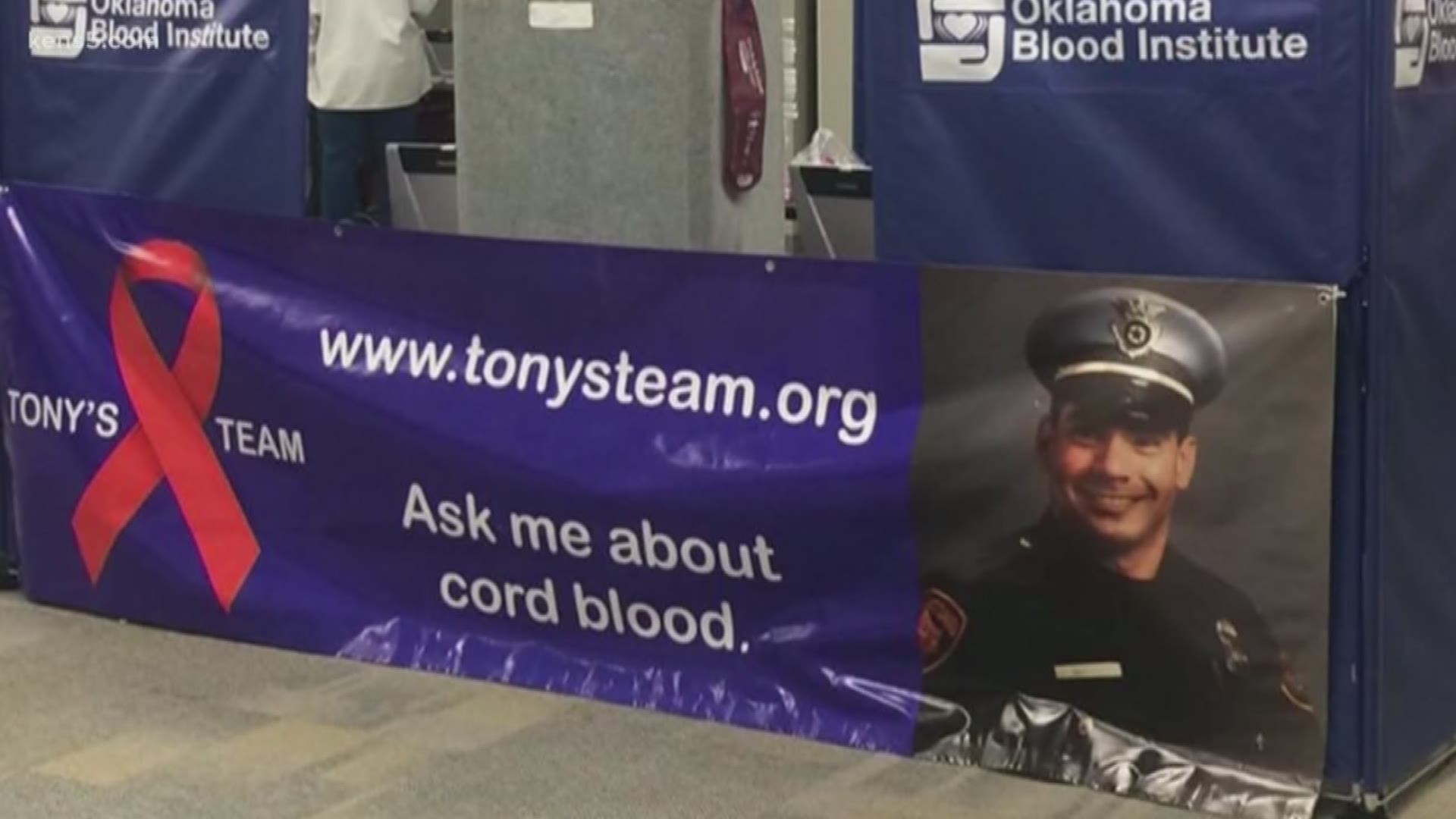Each year 14,000 patients are in need of a marrow or stem cell transplant. That's what one San Antonio Police Department officer needed in 2013 but didn't get one in time to save his life. But his legacy lives on.
"He graduated from the Police Academy in 1993, said Lorraine McCool, the sister of Anthony Barasas. He was a 20-year veteran of the San Antonio Police Department. McCool says he was always helping others. She told us, "Always donating to our community, the neighborhood. We did everything from rescuing animals to helping give teddy bears at church."
In 2013 he was diagnosed with leukemia. His only hope for a cure was a bone marrow match, and it had to be fast. McCool said, "His was so acute that he had to have the transplant as soon as possible."
Nobody in his family matched, and because Barasa was Latino, the National Registry wasn't much of a help. "The Hispanic and Latino population is represented by 7% in a national registry. It was very disappointed to my brother and myself knowing that we are Latino descent, and our chances would be almost nil to find someone unless they had a perfect match," said McCool.
But another kind of transplant did extend his life by a few months, using stem cells from umbilical cords. McCool added, "When you got that transplant in the month of July we were able to have him for approximately another 120 days living with us."
Tony has inspired many to join the registry including fellow SAPD officer David Munoz who met the young man that got his life-saving donation and met him recently for the first time.
Lymphomas and leukemia are curable, and that cure lives inside all of us. But to cure it all we all to step up and get on the registry as a donor. It is quick, easy, and for most, donating is virtually pain-free. McCool said, "It is not an invasive procedure, and is nothing to be afraid of."
His physical presence may not be here, but his legacy lives on and that's what he wanted.

